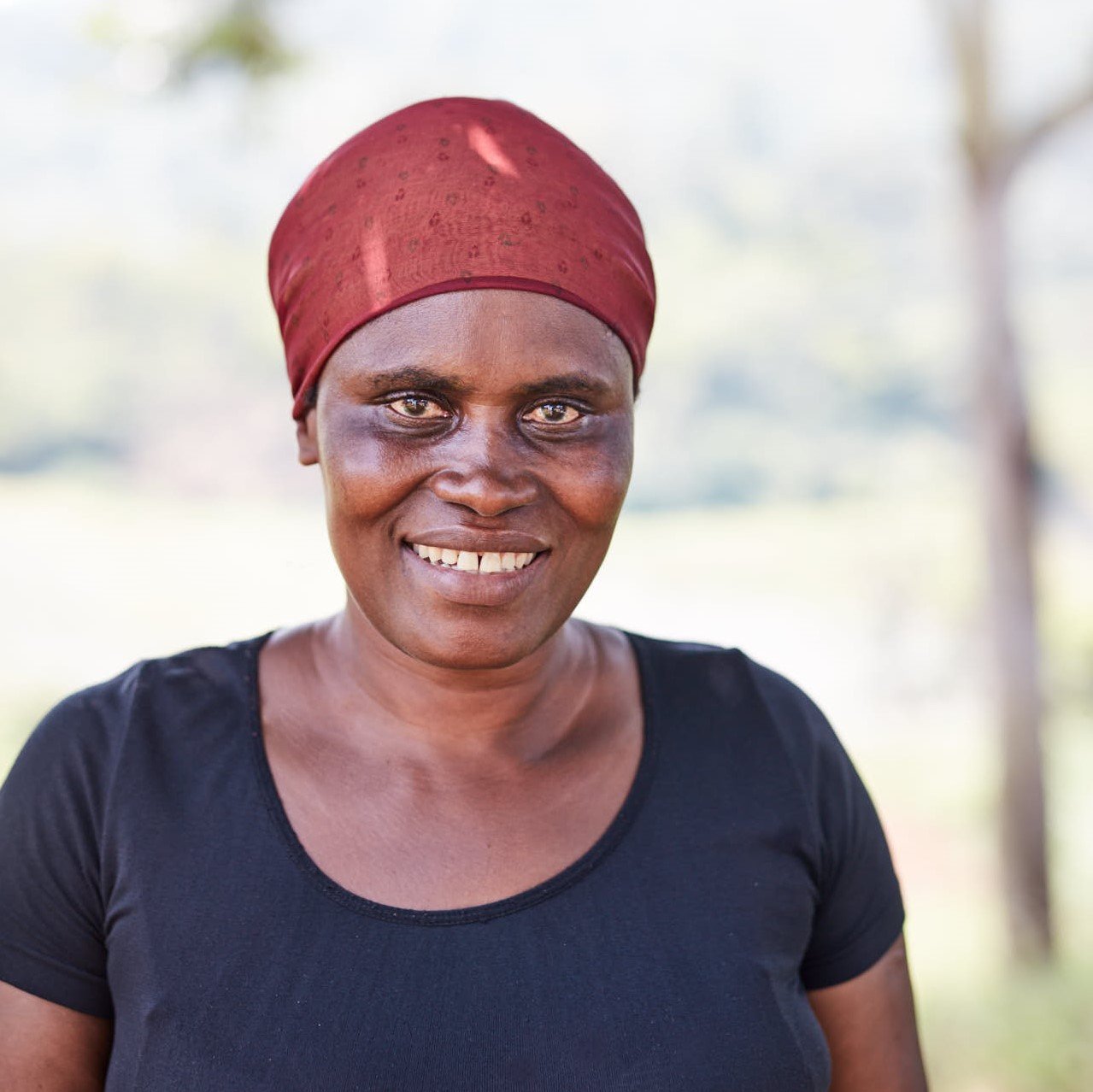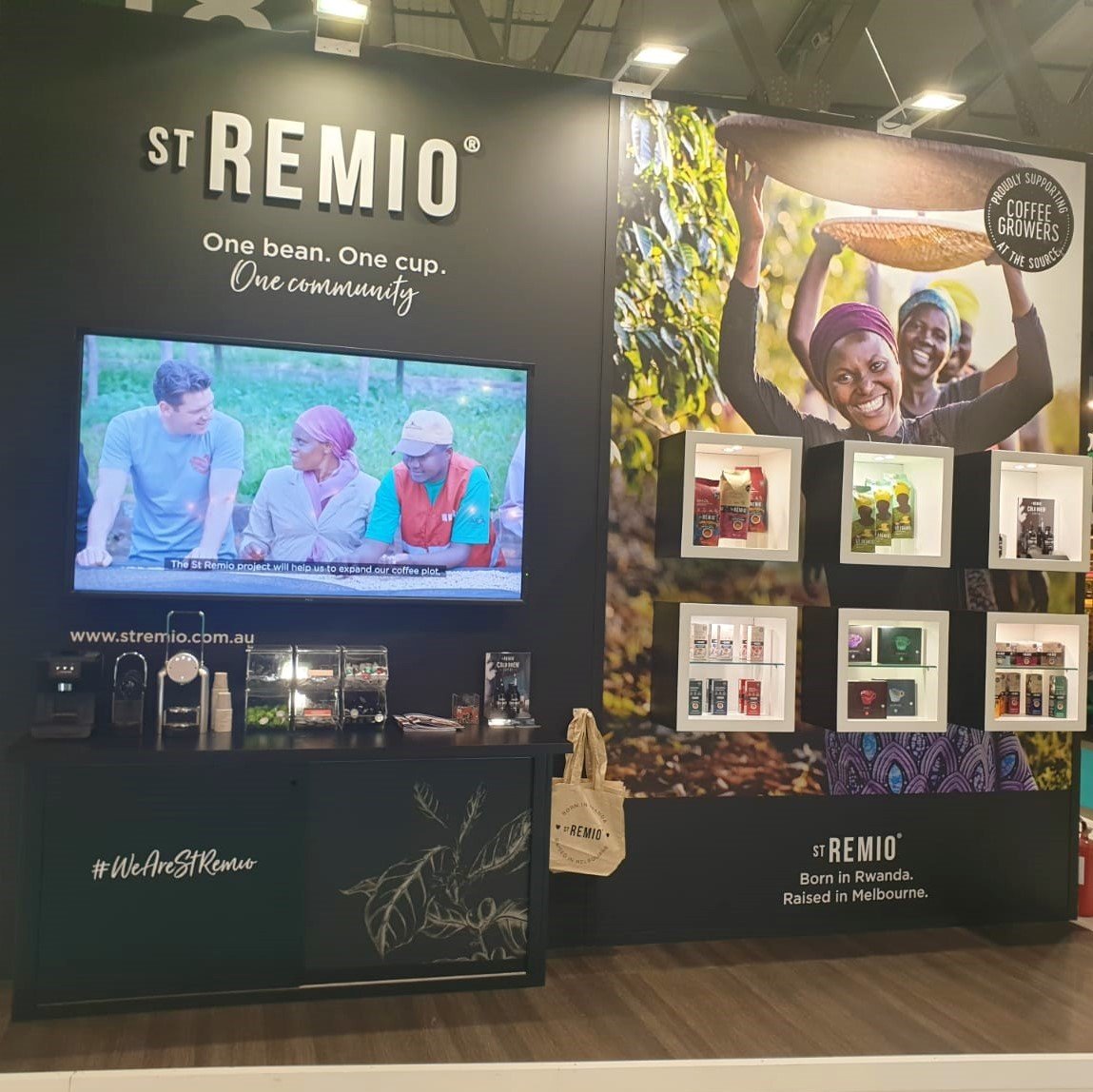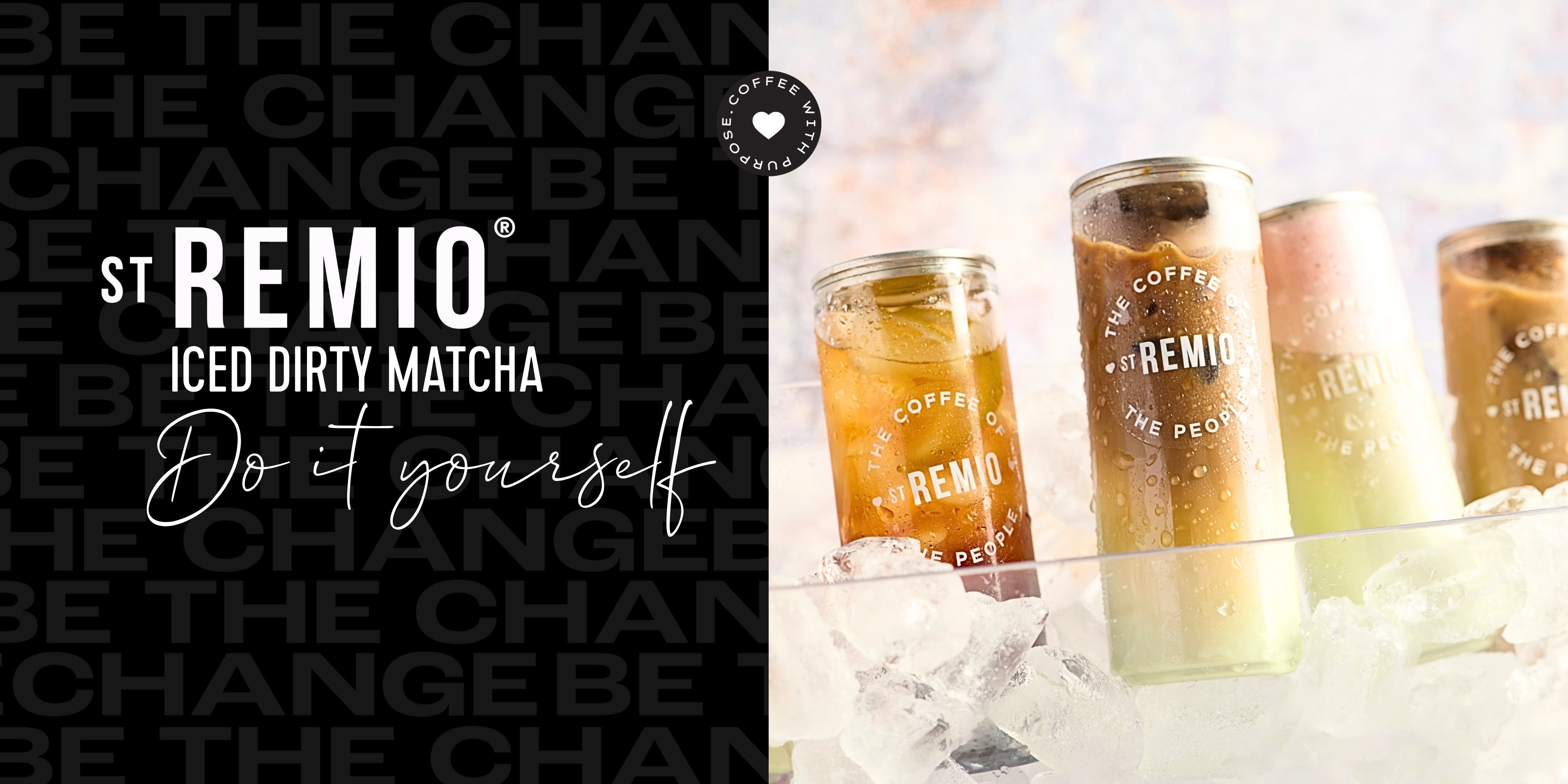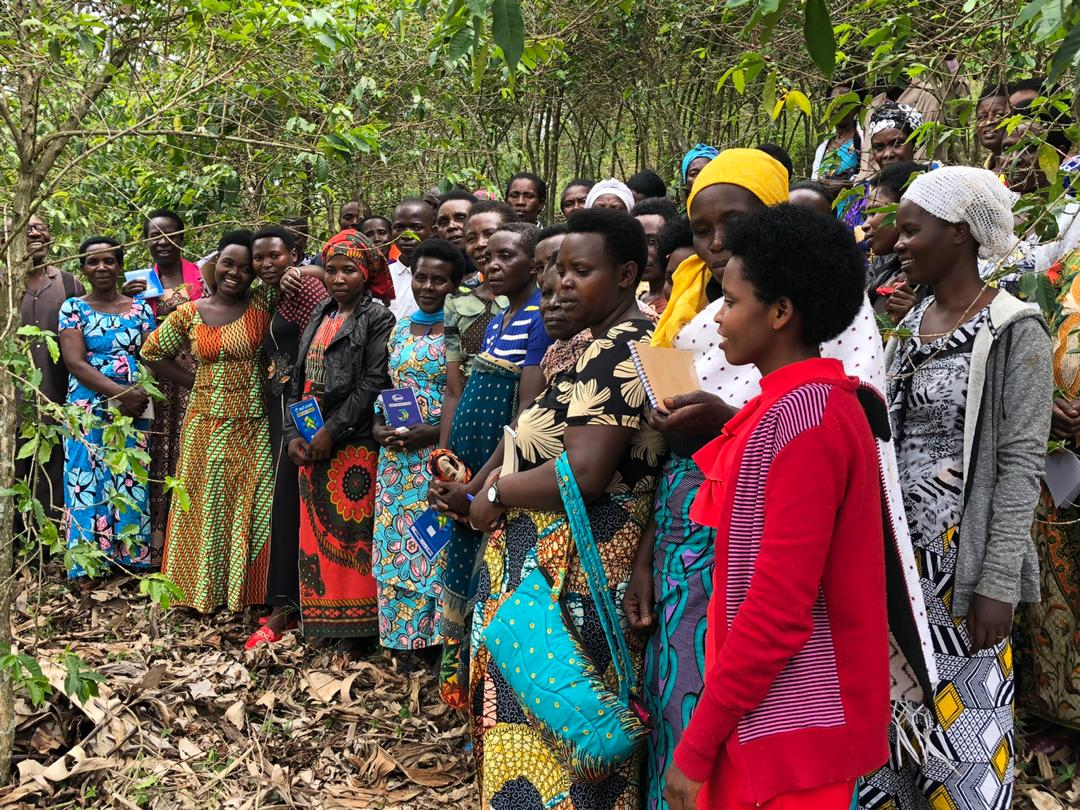6 facts you might not have known about UTZ & Rainforest Alliance

We are very proud to now partner with UTZ, part of the Rainforest Alliance, shifting our range of products to becoming fully certified. You might have seen the UTZ label across a variety of products you already purchase, such as chocolate, and if you have ever wondered what the symbol means and what it stands for, look no further.
1. In 2018 UTZ and Rainforest Alliance merged into one organization, taking the Rainforest Alliance name, with the vision of achieving and doing more together to create deep-rooted change on some of the world’s most pressing social and environmental issues. With the combined leadership and expertise from both leading international organisations they can now have a much bigger and stronger impact on improving environmental and social problems worldwide, including climate change, deforestation, poverty, and unsustainable farming. Until the launch of the new certification program in 2020, the two programs will run in parallel – so you will continue to see both the UTZ label and the green frog seal on the shelves for a while!
2. Part of the Rainforest Alliance, UTZ is committed to innovation and wants to see a “world where people and nature thrive in harmony”, making environmentally and socially responsible business decisions the norm. These ideals of pushing the boundaries and creating a sustainable business are very close to and align with us so well that our partnership seemed only natural.
3. The Rainforest Alliance CertifiedTM seal features a frog, a symbol of environmental health and a species that can be found on every continent in the world, excluding Antarctica. The new green frog symbol indicates that “a farm, forest, or tourist enterprise has been audited to meet standards that require environmental, social, and economic sustainability”.
4. Farmers work hard to meet the criteria of the UTZ Code of Conduct, which requires continuous improvement towards sustainable agriculture. Farms are regularly audited to ensure that they meet specific criteria and that they are being upheld. These include:
- Effectively planning to be more sustainable and productive. Farmers get more out of their land, which leads to increased productivity, better crops and a better income for workers.
- Farmers need to create a healthy and safe work environment for all their workers.
- Farmers implement agricultural methods that preserve natural resources such as soil and water, they do not contribute to deforestation and must protect natural ecosystems.
- They improve livelihoods and human well-being, taking steps to ensure that their children and those of their workers grow up in healthy circumstances with access to education.
5. Social and cultural issues mean that the women on many farms in the regions UTZ supports often work longer hours, for less pay than men. UTZ is committed to improving gender equality at their farms and has developed a Code of Conduct to ensure this is being worked towards. The code states that:
- Farms cannot discriminate in hiring, pay, access to training, promotions or other benefits
- Equal work must receive equal pay
- Women are entitled to maternity leave and more breaks after childbirth
- Pregnant or breastfeeding women cannot handle or apply agrochemicals
- Women must have open access to awareness raising sessions informing them of their equal rights and opportunities.
6. So, you may be wondering how you pronounce UTZ… is it uts? U.T.Z? ooots? And what does it mean? Well, the program was born as “UTZ kapeh” (pronounced o͞otz kahpāy) meaning “good coffee” in the Guatemalan Mayan language if Quinché. This is because UTZ was founded in 2002 by a Belgian-Guatemalan coffee farmer and Dutch coffee roaster in order to bring sustainable coffee certification to the global market and spread the word about sustainable farming practices. Within five years of launching, the program was able to expand its offerings to include cocoa and tea. In 2007, the UTZ Kapeh name was changed to UTZ Certified to reflect the broader scope. So now you know… UTZ means GOOD!
You will start to see our products transitioning to UTZ certified in the next coming months. When you see the label, you can be sure that you are enjoying a coffee that contributes to a better future for farmers and environment.
Thank you to the amazing team at UTZ/ Rainforest Alliance for making this partnership possible. For more information about UTZ please visit their website utz.org
References
Rainforest Alliance 2019, ‘What does Rainforest Alliance Certified™ Mean?’, Rainforest Alliance, 25th September, <https://www.rainforest-alliance.org/faqs/what-does-rainforest-alliance-certified-mean>
Rainforest Alliance 2019, ‘One Year of The New Rainforest Alliance: Five Things You Need To Know, The Frog Business Blog, 23rd April, <https://www.rainforest-alliance.org/business/blog/2019/04/23/one-year-of-the-new-rainforest-alliance-five-things-you-need-to-know/>
Wyss Bisang, B 2019, ‘A Reimagined Certification System Is at The Heart of Our New Strategy’, The Frog Business Blog, 19th February, <https://www.rainforest-alliance.org/business/blog/2019/02/19/chief-of-sustainable-supply-chains-britta-wyss-bisang-a-reimagined-certification-system-is-at-the-heart-of-our-new-strategy/>
Rainforest Alliance 2019, ‘Farm Certification’, How Certification Works, viewed 28/10/2019, <https://www.rainforest-alliance.org/business/solutions/certification/agriculture/how-certification-works/farm-certification/>
UTZ Certified 2019, ‘Gender’, What We Offer – Sector Change, viewed 28/10/2019, <https://utz.org/what-we-offer/sector-change/gender/>
UTZ Certified 2091, ‘UTZ: What’s in a name?’ Marketing Sustainable Products, viewed 8/11/2019, <https://utz.org/better-business-hub/marketing-sustainable-products/utz-whats-in-a-name/>



